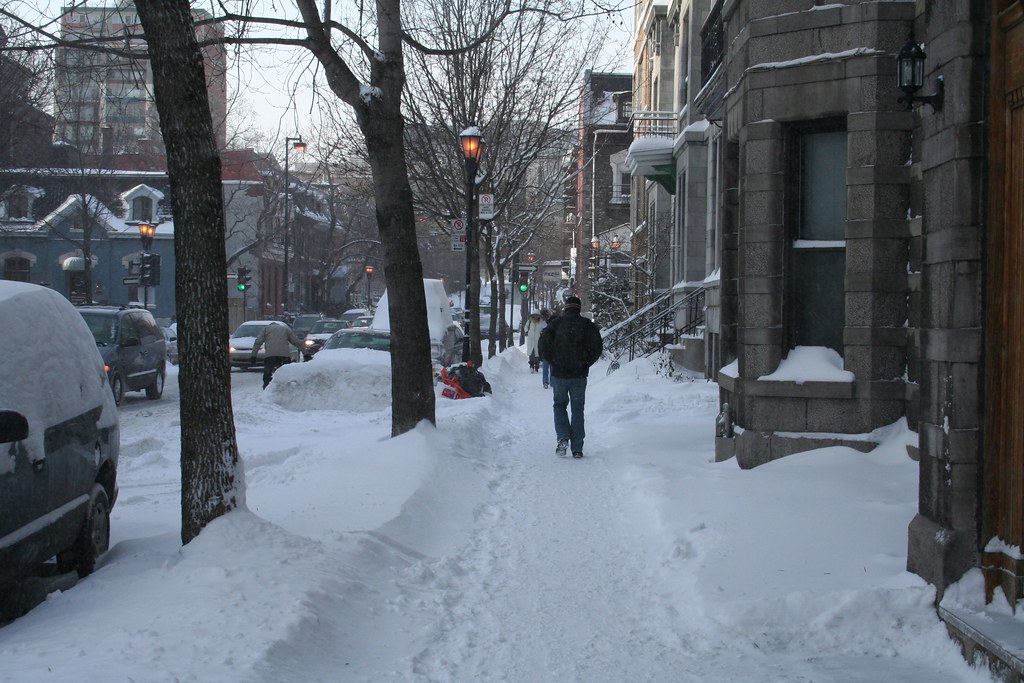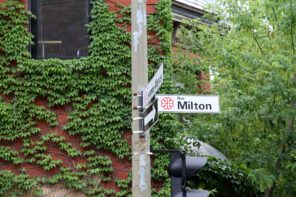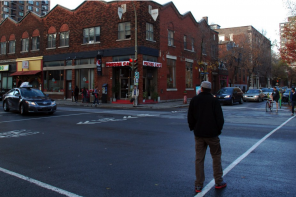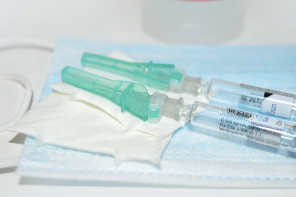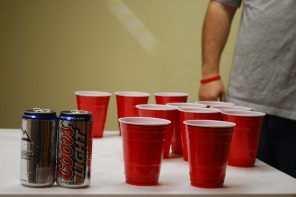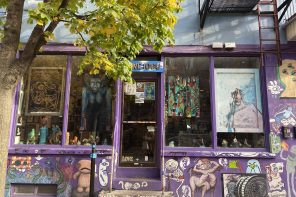On October 1, the city of Montreal moved to operate under red zone restrictions. Red is the highest alert level of COVID-19 restrictions implementing a “partial lockdown” as cases in the city surge.
COVID-19 and changing regulations on how to combat the virus add stress to an already stressful midterm season. “I panicked when I heard we were moving into the red zone,” says Jillian Tam, U1 Music. Red zone restrictions include the closure of restaurants, bars, theatres, and other public spaces. All gatherings with people outside a household are prohibited, including those outdoors in a park.
Quebec Premier François Legault says police will be issuing fines to anyone who violates these regulations, with up to $1,500 for gathering in a private residence or protesting without a face mask. Travelling from a red zone to an orange zone to eat at a restaurant or gather in a residence can also result in a fine.
McGill officials have announced some changes in the University’s operations since moving to the red zone. According to Deputy Provost Fabrice Labeau, “what McGill is doing is at the direct order of the government, which is managing the pandemic for Quebec.” Study hubs remain open with reduced capacity and masks mandatory while seated. The fitness center will be closed as of Thursday, October 8.
In an email sent on October 6, Labeau wrote that five students living in McGill residences have tested positive. The buildings affected are Carrefour Sherbrooke and La Citadelle, whose students are not allowed to visit each other’s rooms for the time being.
Currently, McGill is only tracking the number of people who have been physically present on campus seven days before their diagnosis. The number of cases represent people who have reported to McGill that they have been on campus. McGill has reported a total of 18 cases on campus since the beginning of the fall semester.
“The school is following all the required safety protocols, but they aren’t responsible for students’ decisions in an off campus setting.”
On September 25, CBC posted an article reporting dozens of cases in the Milton-Parc neighborhood (commonly referred to as the McGill ghetto). These cases are not included in the university’s tally, as the students were not present on campus the week prior to their diagnosis. “McGill isn’t responsible for students who contract the virus off campus,” says Tam. “The school is following all the required safety protocols, but they aren’t responsible for students’ decisions in an off campus setting.”
The Government of Quebec provides the numbers of confirmed cases and deaths in each borough. The Milton-Parc community falls under the borough of Le Plateau-Mont-Royal, which has confirmed 1,513 cases as of October 6.
While McGill only reports cases that are transmitted on campus, students can self report their diagnosis on Minerva if they contract the virus. This protocol aids students in accessing academic accommodations.
Charlotte*, a second-year student who contracted COVID-19, expressed difficulty focusing on her academics. She says “it’s a huge distraction and emotional toll during busy times” and that “it makes school feel a lot less important when your health and safety is at risk.” Charlotte used the self-report form on Minerva and shared that professors have been accommodating and understanding during her isolation.
The red zone alert is currently in effect until October 28. Premier Legault is closely monitoring cases and could extend the duration if needed. “Even though they gave us a deadline of October 28, it all feels so indefinite. Restrictions are changing all the time, so I can’t help but think back to March when they kept extending [the lockdown],” Tam said.
*Name changed to preserve anonymity

